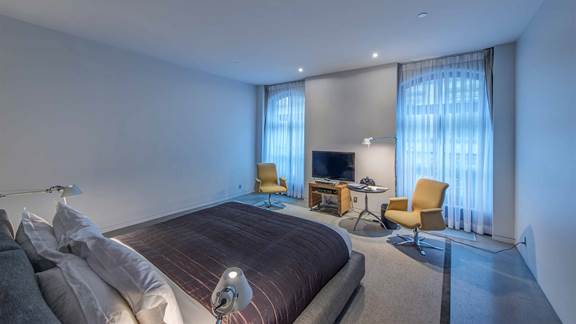There’s been plenty of buzz since the announcement from Wynn Hotels that they will be rolling out the Amazon Echo across almost 5000 hotel rooms this year.
The buzz isn’t surprising - the potential for voice UI in hospitality settings has been obvious to anyone who has used Amazon’s Alexa to switch on the lights in their own home. Once you’ve done it a few times, turning on your lights the old fashioned flick-of-a-switch way feels incredibly anachronistic.
Especially anachronistic when you compare it to that frustrating fumble for an unfamiliar light switch in a hotel room. Add to that the potential for voice to connect to temperature controls, entertainment systems, concierge services… the list of valuable opportunities seems endless.
So what should any hotel or hospitality mogul be thinking about before making their own hefty order for a few thousand Amazon Echoes?
